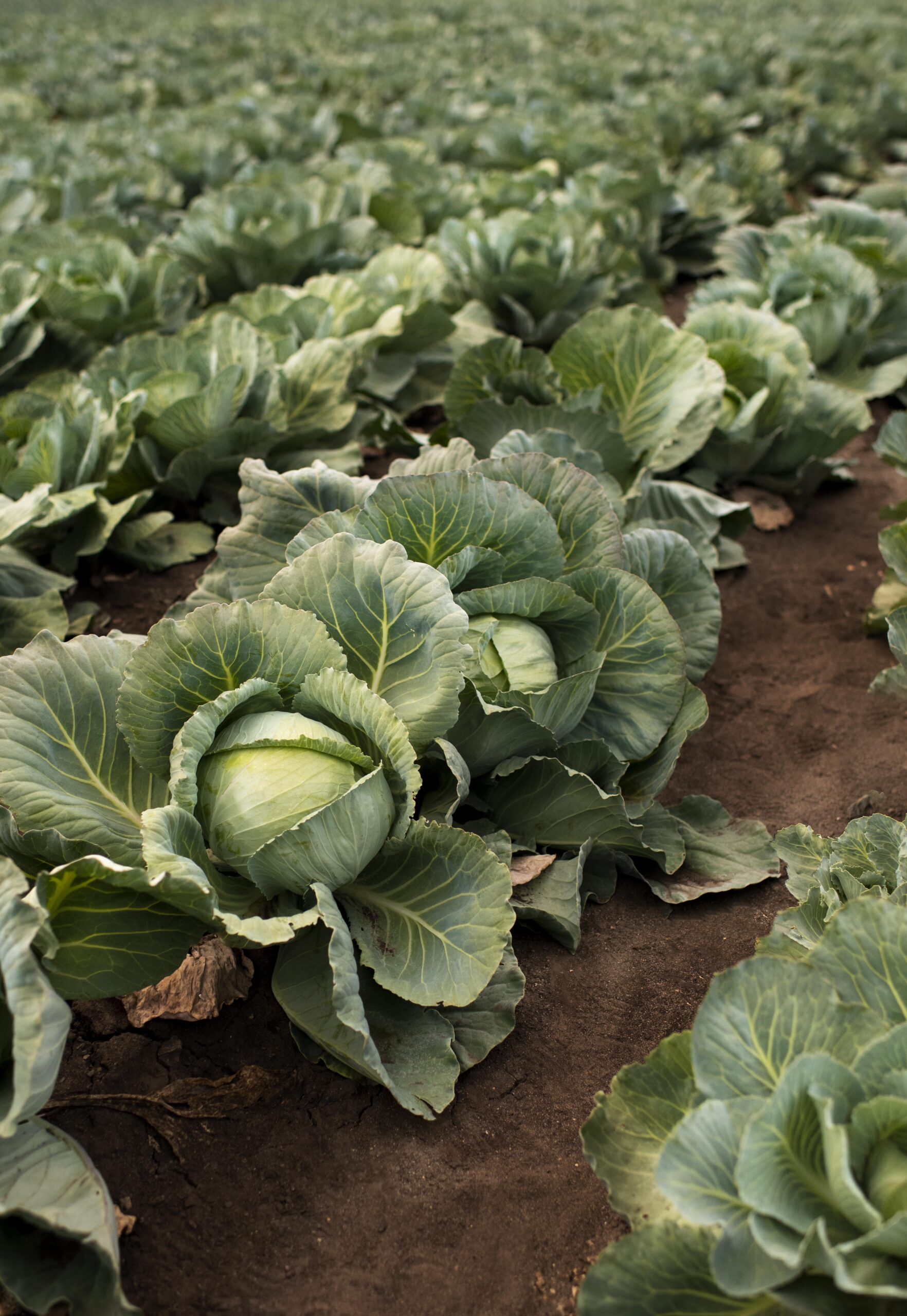
In the charming state of Tennessee, cultivating a thriving vegetable garden hinges on understanding the optimal times for planting. Timing is a critical factor that can influence the growth, yield, and overall success of your vegetable crops. This comprehensive guide will unveil the ideal planting periods for various vegetables in Tennessee, empowering you to embark on a fruitful gardening journey.
Decoding Tennessee’s Seasons: A Dance of Warmth and Cool
Unlike a monotonous metronome, Tennessee’s seasons shift, sway, and sometimes surprise. Understanding these nuances is key to planting success. Here’s a breakdown of the main players:
Spring: A shy debutante, spring tiptoes in around March, bringing gentle warmth and longer days. While frost lingers as a mischievous guest, cool-season crops like lettuce, spinach, and peas relish this stage.
Summer: The exuberant heartthrob, summer arrives in June, basking the land in sunshine and heat. This is when heat-loving vegetables like tomatoes, peppers, and eggplant thrive. Be prepared for occasional afternoon thunderstorms, though!
Fall: A graceful storyteller, fall descends in September, painting the landscape in hues of gold and crimson. Cooler temperatures and shorter days are perfect for planting root vegetables like carrots and beets, as well as leafy greens for a late-season harvest.
Winter: The introspective artist, winter slumbers from December to February, cloaking the land in frost and occasional snowfall. While outdoor planting takes a break, this is the ideal time to dream, plan, and prep your garden for the coming spring.
The Golden Rule: Knowing When to Plant
Now that you understand the seasonal soundtrack, let’s break down the specific “when to plant” for popular vegetables in Tennessee:
Cool-Season Crops:
- Lettuce, spinach, kale: Plant seeds outdoors 4-6 weeks before the last frost in spring (typically March-April) or in late summer/fall for a second harvest.
- Peas: Sow directly outdoors as soon as the soil thaws in early spring.
- Broccoli, cauliflower: Start seeds indoors 6-8 weeks before the last frost and transplant outdoors after the danger of frost has passed.
Warm-Season Crops:
- Tomatoes, peppers, eggplant: Start seeds indoors 6-8 weeks before the last frost and transplant outdoors 2-3 weeks after the last frost date (typically after mid-May).
- Cucumbers, squash, zucchini: Sow seeds directly outdoors after the last frost date, when soil temperatures reach at least 70°F.
- Okra, sweet corn: Plant seeds directly outdoors 2-3 weeks after the last frost date, when soil temperatures reach at least 65°F.
Fall Crops:
- Carrots, beets, radishes: Sow seeds directly outdoors 6-8 weeks before the first fall frost (typically in September).
- Arugula, spinach, kale: Plant seeds outdoors 4-6 weeks before the first fall frost for a late-season harvest.
Planting by the Moon: A Unique Approach
- Some gardeners believe that planting vegetables during specific lunar phases can improve growth and yield.
- The most popular approach is planting during the new moon or the first quarter moon.
- While there is no scientific evidence to support this method, it’s an interesting approach to consider.
The Moon’s Influence: A Personal Perspective
- I’ve experimented with planting by the moon, and while I can’t say it’s a foolproof method, I’ve noticed a slight improvement in my vegetable growth.
- Whether you believe in the moon’s influence or not, it’s a fun and unique approach to consider.
Frequent Asked Questions
What are the best times to plant vegetables in Tennessee?
The best times to plant vegetables in Tennessee vary depending on the season. For spring planting, you can start sowing cool-season crops like lettuce, spinach, and radishes in mid-March to early April. Summer planting is ideal for warm-season vegetables such as tomatoes, peppers, and cucumbers, with transplanting typically done after the last frost date in mid-April to early May. Fall planting allows for a second harvest and includes vegetables like broccoli, carrots, and Brussels sprouts, which should be started indoors in mid-summer and transplanted in early fall.
Are there any specific challenges to consider when planting vegetables in Tennessee?
Yes, there are a few challenges to consider when planting vegetables in Tennessee. The state experiences a range of climates, from the humid subtropical climate in the west to the humid continental climate in the east. This variation can affect the choice of vegetable varieties and the timing of planting. Additionally, pests such as aphids, cabbage worms, and tomato hornworms are common in Tennessee and may require diligent pest management strategies. Being aware of these challenges and adapting your gardening practices accordingly can help you overcome them successfully.
Are there any native vegetables or local specialties that thrive in Tennessee?
Tennessee boasts a rich agricultural heritage and is home to several native vegetables and local specialties. Some popular examples include Cherokee Purple tomatoes, Tennessee sweet potatoes, Appalachian heirloom beans, and Tennessee red peanuts. These regional treasures can add unique flavors and varieties to your vegetable garden, allowing you to explore the culinary delights of Tennessee’s agricultural heritage.
